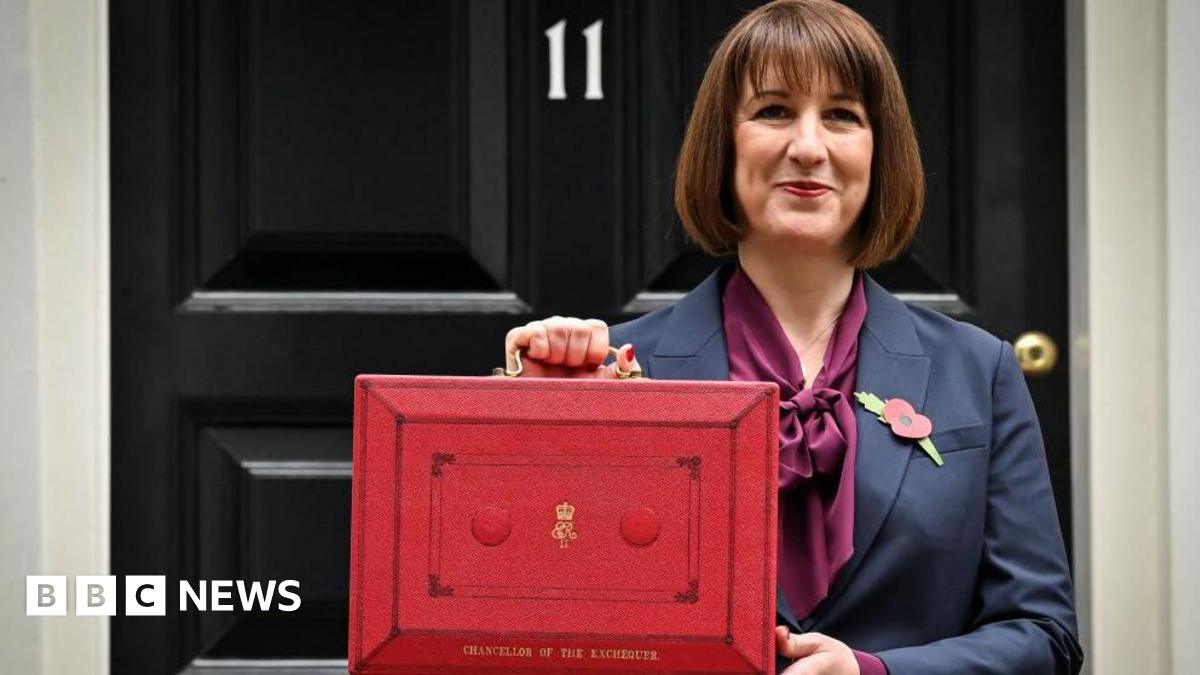Speaking exclusively to the BBC, Reeves said: “Do I accept that we need to do more to turn the economy around so that working people have the tools and the training and the opportunities to fulfil their potential? Absolutely we do.”
She said her second Budget would be focused on ensuring that “we are investing in our economy and ensuring that working people wherever they live in our country are better off”.
Labour pledged in its election manifesto to not increase taxes on “working people”, which included VAT, National Insurance (NI) and income tax.
At the Budget last year, the chancellor increased the amount of NI employers have to pay, which led to a backlash from many businesses and sectors, such as hospitality.
Given the government’s pledges, speculation has grown over what taxes Reeves could increase, which suggestions ranging from a windfall tax on the profits of banks to various property taxes or reforming the council tax system.
And with long-term borrowing costs reaching their highest level since 1998, it is getting increasingly expensive to service government debt, eating up what little financial buffer – about £10bn – the chancellor has.
Speaking in Prime Minister’s Questions on Wednesday afternoon, Conservative leader Kemi Badenoch said higher borrowing costs were a result of Labour’s “bad choices.”
She accused Sir Keir Starmer of “dragging down the country”, adding that “markets can see that he is too weak to control spending”.
But the prime minister said Labour had spent their first year in government putting out the fires created by the Tories who were “the arsonist” for “blowing up the finances”.
Reeves confirmed she has instructed the government’s independent forecaster, the Office for Budget Responsibility (OBR) to begin the 10-week process of producing a new economic forecast based on her policies for the end of November.
The OBR’s assessment of the government’s plans is seen as a key factor in ensuring financial markets remain stable and investors, who typically loan the UK money, maintain confidence in the UK economy.
The reports of various policy plans have led to uncertainty in recent weeks and some economists had suggested the government should end uncertainty over possible changes with a fast turnaround Budget in October.
Instead the government will take two and a half months to decide the detail of what is expected to be a tax-raising and reforming statement.
